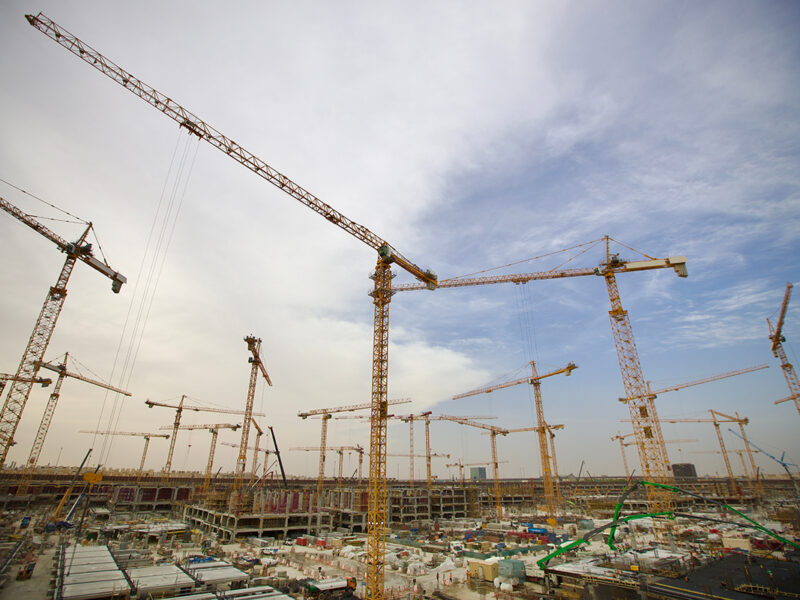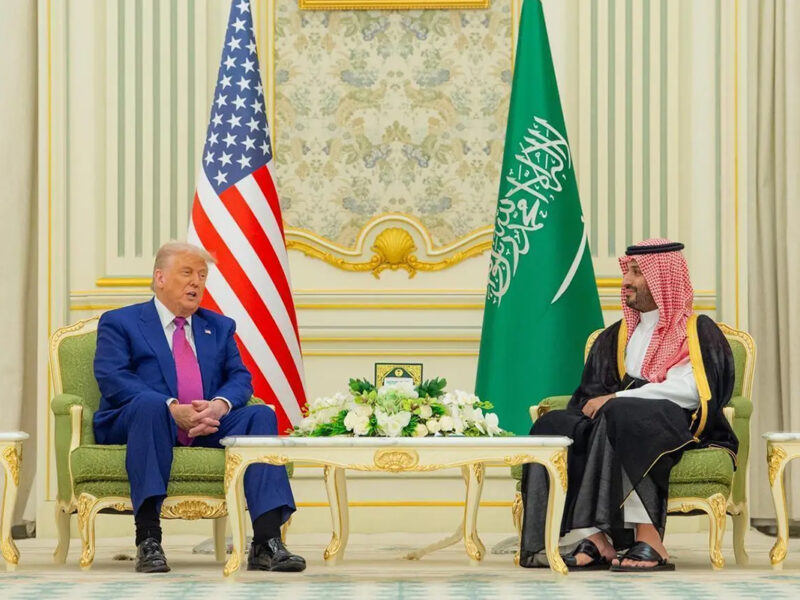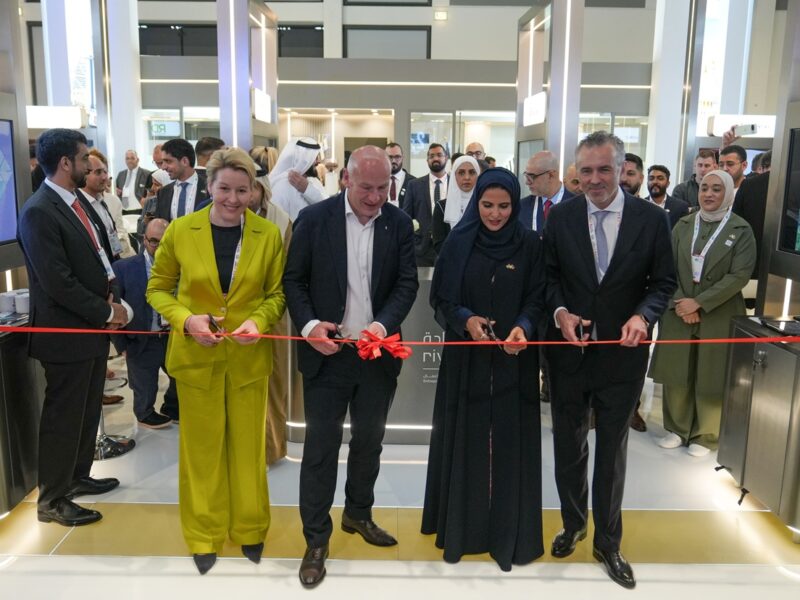Breakthrough innovation happens when different perspectives converge. Yet, despite mounting evidence of its benefits, gender balance remains elusive in many industries. International Women’s Day serves as both a celebration of progress and a reminder of how far we still have to go.
The business case is clear: organisations that build genuine people-first cultures, with gender inclusion at their core, consistently outperform their competitors. This isn’t just about fairness, it’s about building stronger, more resilient and, ultimately, more profitable companies.
Redefining business success through inclusive leadership
The data speaks for itself. Research repeatedly confirms that diverse leadership teams make better decisions. According to Deloitte Global’s latest “Women in the Boardroom” report, women hold just 23.3 per cent of board seats globally—yet companies with more diverse boards have demonstrated stronger financial performance. At the current pace, gender parity in boardrooms won’t be achieved before 2038, highlighting the urgent need for continued intentional efforts to advance women’s representation in leadership.
At Mars, we’ve seen this dynamic in action. Our efforts to achieve gender-balanced leadership teams aren’t symbolic—they’re business-driven. Different life experiences bring fresh insights to strategic discussions, helping leaders spot both risks and opportunities others might miss.
Driving diversity alone doesn’t build inclusive workplaces. Real inclusion requires psychological safety – environments where everyone feels empowered to speak up, challenge assumptions and contribute their unique perspectives without fear. This foundation directly fuels innovation by ensuring the best ideas rise to the top, regardless of who suggests them.
Breaking barriers
Achieving gender balance isn’t just about hiring more women—it requires removing systemic barriers that limit advancement. One persistent challenge is the “broken rung” problem, where women struggle to secure their first management roles. Companies that support talent at this early stage, providing mentorship and structured development pathways, see dramatically different outcomes.
Strong leadership plays a vital role. Emerging female leaders need more than just opportunities; they need line managers who are genuinely invested in their success. Effective coaching, peer support, and visible role models help bridge the gap and empower women to take on increasingly senior roles.
Unconscious bias is another obstacle, influencing everything from hiring decisions to performance evaluations. Tackling it requires awareness and structured decision-making processes designed to ensure fairness.
At the same time, outdated workplace models must evolve. Flexibility isn’t just a benefit—it’s a competitive advantage. Organisations that embrace flexibility recognise that performance isn’t measured by physical presence and unlock contributions from talent pools previously sidelined by rigid structures.
Mars has seen the impact of these changes in action. In Saudi Arabia, bringing women onto the shop floor at our King Abdullah Economic City factory continues to unlock opportunities in a market where female workforce participation is a key pillar of Saudi Vision 2030.
In Egypt, Mars became the first private-sector food company to welcome women into manufacturing roles, challenging long-held norms and setting new industry benchmarks. The impact has been remarkable—women excelling as shopfloor technicians, driving operational efficiency, and earning internal promotions. Their performance reinforces a crucial point: when barriers are removed, talent rises.
Beyond token representation
Real inclusion goes beyond headcounts and targets—it requires creating environments where talent can thrive. Gender-balanced initiatives don’t just benefit individuals; they contribute to business growth and societal progress. We also see that initiatives that support women, benefit people across the business, creating a climate of higher performance across the board.
Consider Mars’ “Full Potential” platform, which takes a holistic approach to gender equity across diverse contexts. By addressing the specific barriers women face, whether in corporate offices, retail spaces or agricultural settings, it helps unlock women’s economic potential, benefiting businesses and communities alike.
Mars also goes beyond advocating for women inside the organisation. For example, Mars’ Galaxy “Your Pleasure Has Promise” campaign, is an important way we can contribute to broader societal change. Running in Egypt, UAE and Saudi Arabia, it supports women-focused organisations in providing education, entrepreneurship training and career development opportunities. This approach recognises that business success and community development are deeply interconnected.
But meaningful change doesn’t happen in silos. Those who have traditionally held power must actively champion gender equity—mentoring talent, amplifying diverse voices, and challenging outdated norms. At Mars, we’ve embedded male allyship into our culture. Our male leaders don’t just support gender equity—they take ownership of it. This commitment is reflected in everyday business decisions, not just in policy statements. When men become active allies, organisations don’t just create fairer workplaces, they build stronger teams, unlock new ideas, and achieve better results.
The regional imperative
The MENA region stands at a critical inflection point. With one of the world’s youngest populations and rapidly evolving social dynamics, the opportunity for organisations to lead on inclusion has never been greater.
Younger generations are driving unprecedented shifts in workplace expectations. Their demand for meaningful work in fair environments creates natural alignment between inclusion initiatives and talent strategies. Companies that recognise and respond to these changing expectations position themselves for long-term success.
The economic case for gender parity in MEA is just as compelling. World Bank research suggests gender parity could boost regional GDP by 30-40 per cent, representing one of the largest untapped economic opportunities globally.
What’s next
True inclusion extends far beyond one-day celebrations or standalone initiatives. It demands sustained commitment, regular measurement of progress and willingness to challenge deep-rooted assumptions.
For business leaders across MEA, the path forward is clear: commit to building genuinely inclusive cultures where all talent can thrive. This means going beyond public statements to include meaningful structural changes in how organisations recruit, develop and advance people.
The potential impacts reach beyond individual companies to reshape regional economic development. By unleashing the full contributions of all talent, we build stronger economies and create more resilient businesses that are ready for the future.










